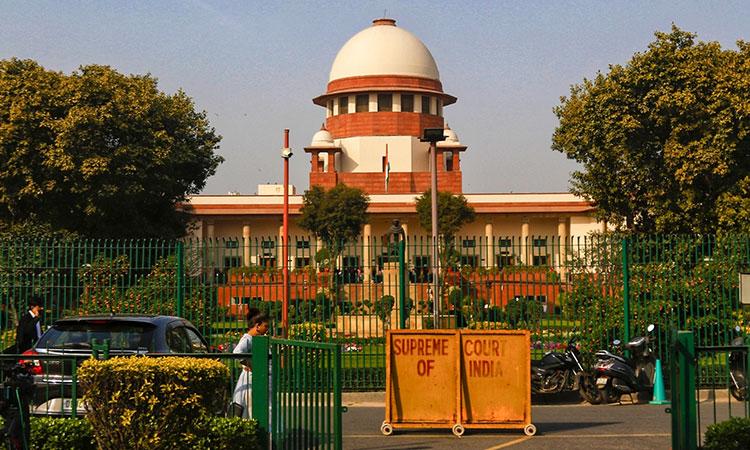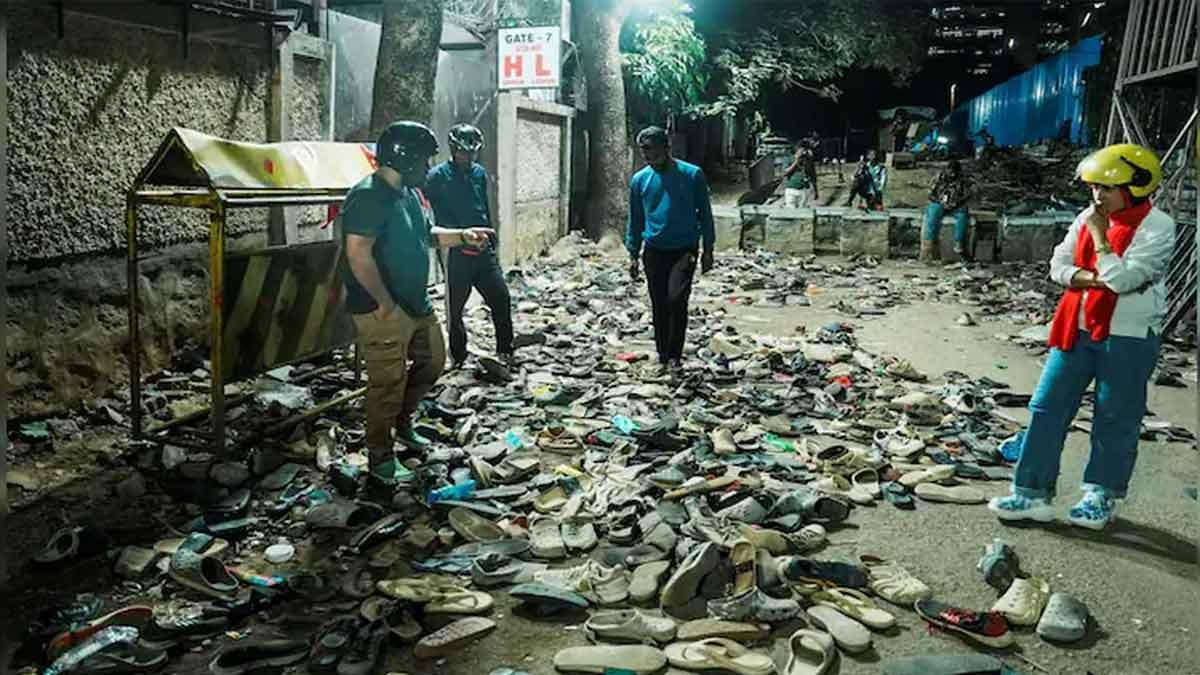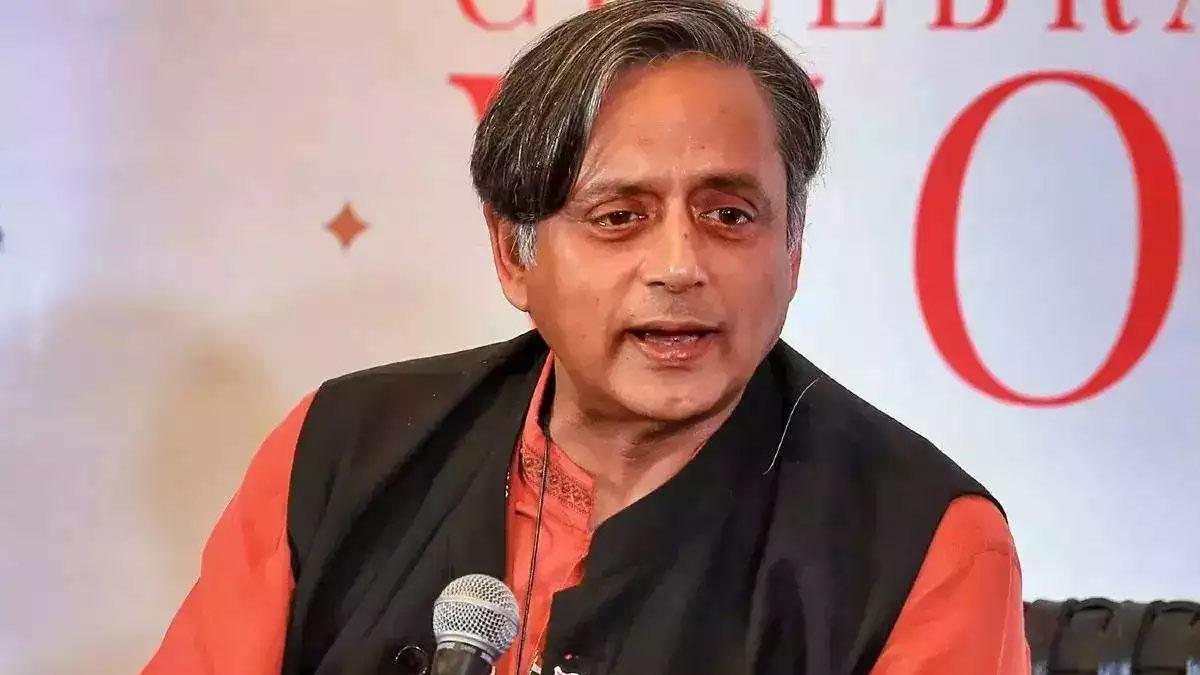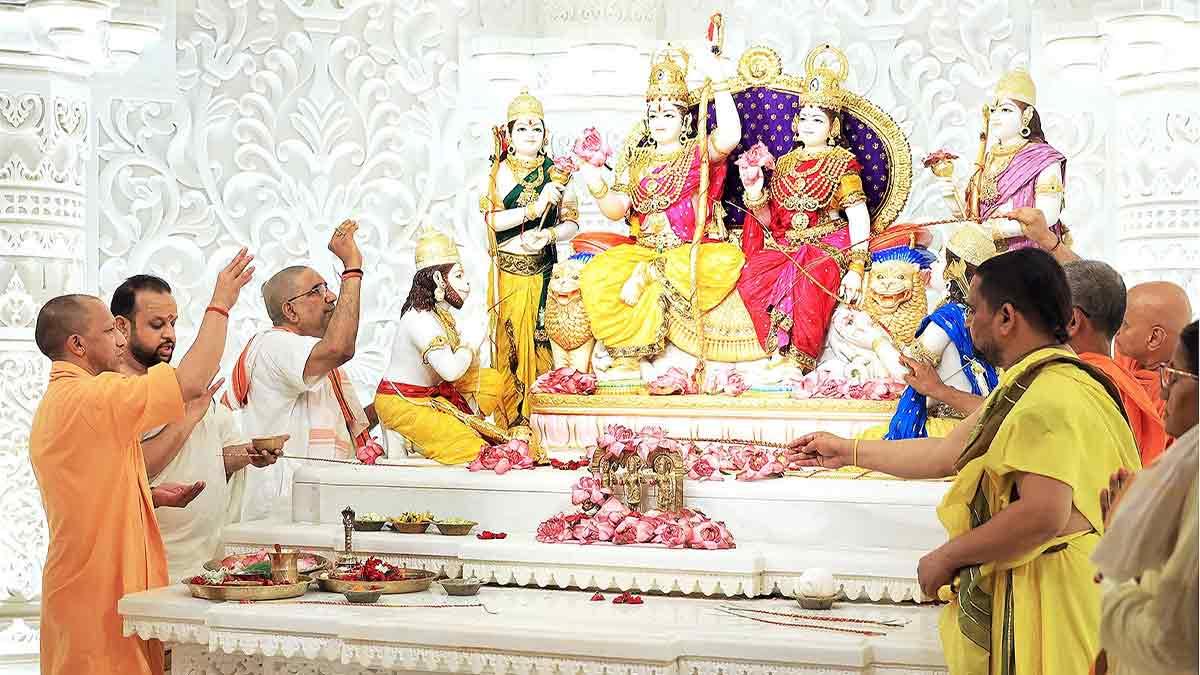The Supreme Court on Friday overruled its 2011 judgements which had held that mere membership of a banned organisation will not incriminate a person unless he indulged in violence or incited it, saying that such unlawful association is against the interests of the sovereignty and integrity of India.
A three-judge bench, headed by Justice M.R. Shah and comprising Justices C.T. Ravikumar and Sanjay Karol, said: "It is observed that the object and purpose of the enactment of UAPA is to provide for more effective prevention of certain unlawful activities. To punish such a person who is continued as a member of such unlawful association which is declared unlawful due to unlawful activities can be said to be in furtherance of providing for effective prevention of the unlawful activities."
On the aspect of its 2011 judgments, the bench said these judgments taking the view that under Section 3(5) of Terrorists and Disruptive Activities (Prevention) Act, 1987 and Section 10(a)(i) of the Unlawful Activities (Prevention) Act (UAPA), 1967 mere membership of a banned organisation will not incriminate a person unless he resorts to violence or incites people to violence are held to be not a good law.
The bench noted that the Centre was not even heard before reading down the provisions under the UAPA.
Also Read | Centre notifies appointment of Chief Justices to three HCs
The bench said: "A person who is the member of such unlawful association cannot be permitted to say that still he may continue to be associated with and/or continue to be a member of such unlawful association despite such an association is declared unlawful on the ground of its unlawful activities which is found to be against the interests of the sovereignty and integrity of India."
It observed that the object and purpose of the enactment of the UAPA is to provide for more effective prevention of certain unlawful activities.
"To punish such a person who is continued as a member of such unlawful association which is declared unlawful due to unlawful activities can be said to be in furtherance of providing for effective prevention of the unlawful activities," said the bench, in its 144-page judgment.
Solicitor General Tushar Mehta termed the judgment as historic which would protect the sovereignty of the country.
The apex court restored the criminality by association by upholding the validity of Section 10(a)(i) of the UAPA which made membership of an unlawful association an offence. "A person who is and continues to be a member of such association shall be punishable with imprisonment for a term which may extend to 2 years and shall also be liable to fine, can be said to be absolutely in consonance with Article 19(1)(2) & (4) of the Constitution of India and can be said to be in furtherance of the object and purpose for which the UAPA has been enacted," it said, adding that the apex court should not have read down the provisions when its validity was not questioned.
In the context of its previous judgments, the bench said the US Supreme Court judgments on freedom of speech could not have been used for the purpose, where the freedom of speech is absolute and here it is subject to reasonable restrictions. It further declared all the decisions of high courts taking a contrary view are overruled.
The top court allowed the review petition filed by the Centre and Assam government against the judgments delivered in Arup Bhuyan vs Union of India case (2011) and Indra Das vs State of Assam (2011) as well as State of Kerala vs Raneef case (2011).
Also Read | A day after conviction, Rahul Gandhi disqualified from Lok Sabha
It declined to entertain a contention that the provision suffered from any vagueness on the ground of being unreasonable and disproportionate.
On the aspect that the provision would have a chilling effect on free speech made by senior advocate Sanjay Parikh, the top court said: "it is required to be noted that a person knowing full well that an association of which he is the member is declared as unlawful association due to its unlawful activities and acting against the interests of sovereignty and integrity of India and still he continues to be a member of such unlawful association thereafter such person cannot be permitted to submit on chilling effect."


















